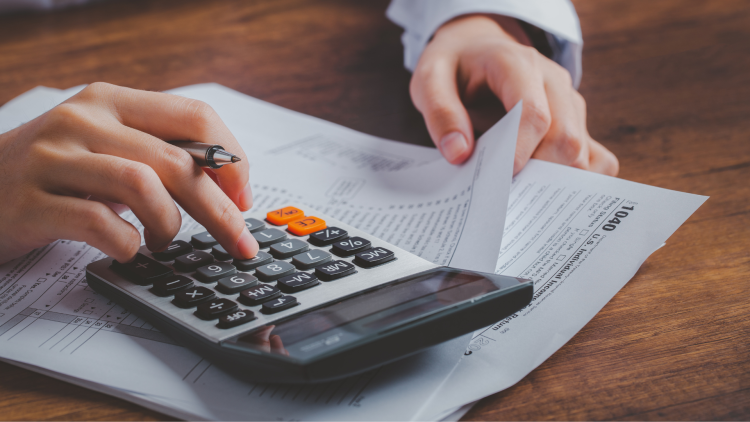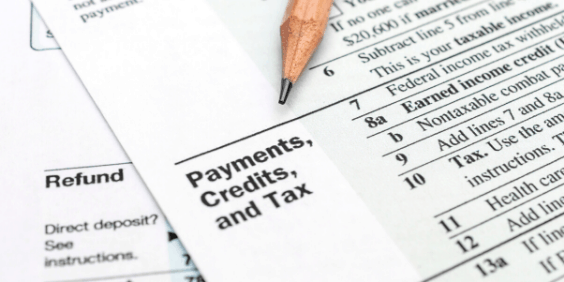Expanded application of British Columbia’s Speculation and Vacancy Tax Act: What you need to know

Authors: Jennifer Williams and Anna Schlagintweit
On November 22, 2023, the British Columbia government announced a potential expansion of the application of the Speculation and Vacancy Tax Act (British Columbia) (the “Act”). If implemented, 13 additional communities in B.C. will be subject to the Act, such that the Act will apply to 59 communities in total across the province.
Five of the 13 additional communities are located on Vancouver Island, including Courtenay, Comox, Cumberland, Parksville and Qualicum Beach. The other eight communities are located in B.C.’s interior, including Vernon, Coldstream, Penticton, Summerland, Lake Country, Peachland, Salmon Arm and Kamloops.
Owners of residential property located in the newly-added areas must complete their first declaration under the Act in January 2025 in respect of the 2024 period.
What is the Speculation and Vacancy Tax Act (British Columbia)?
The Act is legislation that imposes an annual tax, called speculation and vacancy tax (the “Tax”), based on how property owners use residential property located in specified areas in B.C. The stated purpose of the Act is to turn vacant homes into housing for people in B.C. and to ensure foreign owners and those with primarily foreign income contribute fairly to the province’s tax system.
Under the Act, unless an exemption or special circumstance applies, an owner of residential property located in one of the specified areas of B.C. must file a declaration each year declaring their residency status and how the property was used over the past year, which declaration is used to determine the amount of Tax payable and if any exemption applies. The Act provides for a number of exemptions, such that most people living in B.C. are exempt from paying the Tax. For example, the Act provides exemptions for owners using their property as their principal residence or for certain types of rentals, and for recently inherited property.
The amount of Tax payable is determined based on how the property is used, the property owner’s residency status, and where the property owner earns and reports their income. The rates of the Tax range from 0.5% to 2% of the assessed value of the property. Owners who are not eligible for an exemption may qualify for a tax credit to reduce the amount of Tax payable.
Please note that the Tax is separate and in addition to any tax payable or imposed by the Government of Canada under the Underused Housing Tax Act (Canada) or the City of Vancouver under the Vacancy Tax (Empty Homes Tax) By-law 11674.
If you own or are planning to buy or sell a property located in an area where the Act applies, contact the authors to connect with a member of our Vancouver real estate practice group. Our experienced team can help you navigate your obligations under the Act and identify and navigate the potential risks associated with purchasing or selling a property located in an area where the Act applies.
MLT Aikins real estate practice group is here to assist with all real estate and development matters, including matters involving real estate litigation.
Note: This article is of a general nature only and is not exhaustive of all possible regulatory requirements, legal rights or remedies. Laws may change over time and should be interpreted only in the context of particular circumstances. These materials are not intended to be relied upon or taken as legal advice or opinion. Readers should consult a legal professional for specific advice in any particular situation.



